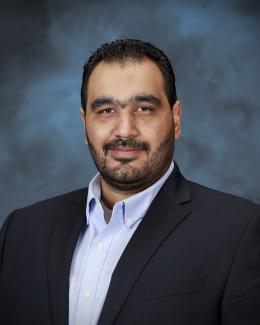Abstract
Ultrasonic adaptive imaging based on the phased-array technology and the synthetic focusing algorithm Total Focusing Method (TFM) is proposed for fast ultrasonic nondestructive evaluation of additively manufactured composite materials. Nondestructive evaluation and inspection of additively manufactured parts and components are necessary for quality assurance of the materials. Effective detection of defects and anomalies in manufactured parts prevents extra cost and production time. However, there are several limitations encountered when using conventional methods of nondestructive inspection for as built additively manufactured parts due to surface conditions and geometrical complexity. Post-processing operations, such as machining, are usually needed to detect possible defects such as layer disband, micro-cracks, and voids in the composite parts. The capability of aperture focusing in phased array ultrasonic methods provides the opportunity for the adjustment of the delay laws in ultrasonic beams and reduces the noise and beam distortion for better imaging. An additively manufactured carbon fiber reinforced Acrylonitrile Butadiene Styrene (ABS) composite sample with artificial side and bottom-drilled holes of different sizes, used to represent defects, was successfully inspected using the Total Focusing Method (TFM). Unlike conventional ultrasonic techniques, results show a promising way to provide inspection of as built additively manufactured composite parts with rough surface finishes. The proposed method helps to decrease inspection time and eliminate extra machining and preparation costs.


